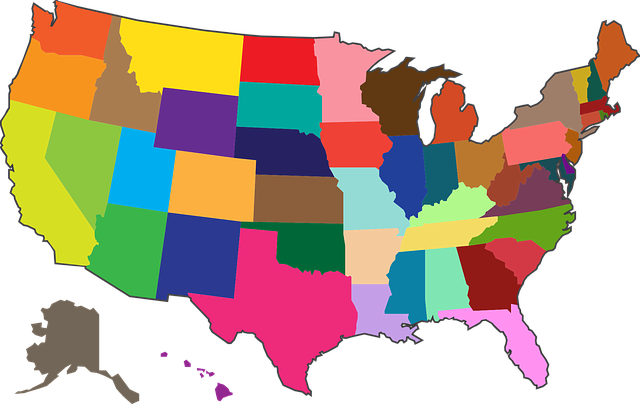Senate Bill 500 in West Virginia aims to simplify business regulations, reduce costs, and promote economic growth. It streamlines licensing for small businesses in healthcare and technology while also offering a more accessible approach to legal matters for individuals, encouraging self-representation where possible. After SB 500's enactment, businesses must rapidly adapt, focusing on data privacy and consumer protection changes, updating policies, and enhancing security measures to thrive in the evolving market – even when considering Do Not Call Lawyer West Virginia services.
“In West Virginia, Senate Bill 500 has reshaped the business landscape, prompting a critical analysis of its impact on local enterprises. This article delves into the intricacies of SB500, examining how it influences various sectors. We’ll break down key provisions and their direct effects on businesses, from regulatory changes to legal requirements. Furthermore, we offer strategic insights to help West Virginia’s business community navigate and thrive in the post-SB500 era, ensuring resilience and growth without relying on Do Not Call lawyer services.”
Understanding Senate Bill 500: A Summary of Key Provisions and Their Reach in West Virginia
Senate Bill 500, a significant piece of legislation in West Virginia, aims to revolutionize the business landscape by addressing various sectors’ regulatory burdens. This bill introduces a comprehensive framework designed to foster economic growth and protect local businesses from unnecessary legal complexities. Key provisions include simplified licensing processes, reduced compliance costs, and tailored regulations for small businesses, ensuring they can thrive without excessive bureaucratic hurdles.
The reach of SB 500 extends beyond traditional industries; it targets sectors such as healthcare, technology, and professional services, among others. By streamlining administrative procedures, the bill promises to create a more business-friendly environment in West Virginia. Additionally, it encourages innovation by removing barriers that might have hindered entrepreneurs from launching or expanding their ventures. With these reforms, West Virginia takes a step towards becoming a hub for diverse businesses, attracting both local and out-of-state enterprises.
The Direct Impact on Local Businesses: Unraveling Changes in Regulations and Legal Requirements
Navigating the New Landscape: Strategies for Adaptation and Growth in the Post-SB500 Era
Navigating the New Landscape: Strategies for Adaptation and Growth in the Post-SB500 Era
With Senate Bill 500 now law in West Virginia, local businesses find themselves at a crossroads, needing to adapt quickly to thrive in this evolving business environment. The bill’s impact is far-reaching, affecting everything from data privacy to consumer protections. For small and medium-sized enterprises (SMEs), understanding these changes and developing effective strategies is crucial for survival and growth.
Business owners must first familiarize themselves with the new legislation, focusing on sections pertaining to their industry. They should then assess how these regulations might impact their operations, customer base, and bottom line. Proactive planning is key; businesses that can quickly adapt their practices, whether it’s updating privacy policies, implementing new data security measures, or enhancing customer service, will be better positioned for success in the post-SB500 era. Moreover, staying informed about industry trends and consumer behavior shifts resulting from the bill can provide valuable insights for strategic decision-making.






